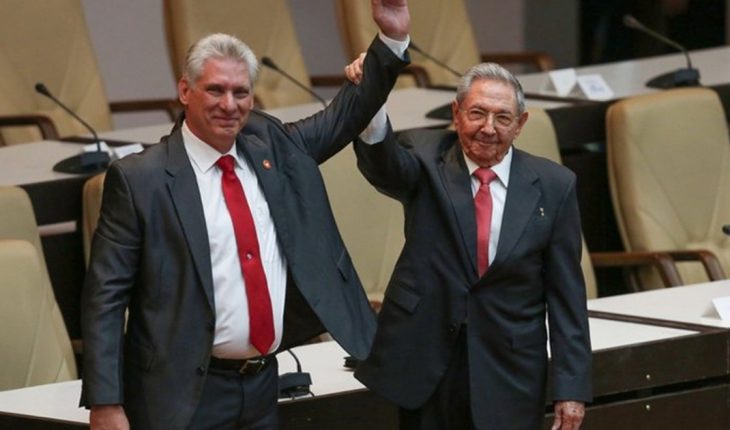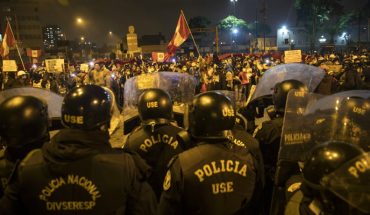Today the Republic of Cuba began the post-castrist era. Raúl Castro said goodbye to politics and left the leadership of the Cuban Communist Party (PCC), a position that marks his retirement six years after the death of the leader of the Cuban Revolution, Fidel and within the framework of the party’s eighth congress, which ends on this day.” Elected Miguel Diaz-Canel Bermúdez, First Secretary of the Central Committee of the Communist Party of #Cuba in the #8voCongresoPCC,” announced the party from his Twitter account at the end of the formalization in the election of supporting delegates. In this way Raúl Castro, 89, keeps his word, since he had announced in 2016 that he would renounce politics and symbolically hand over control of the country to a younger generation, led by Miguel Díaz-Canel, who assumed the presidency of the island in 2018 and tomorrow will turn 60.
The Cuban Communist Party held its 8th Congress
During the meeting that takes place every 6 years, the 90-year-old deputy José Ramón Machado also resigned. This decision leaves for the first time the 17-member executive who has the Cuban Executive without members of the revolution that occurred in 1959.The relay takes place in the context of a profound economic crisis, deepened in part by the impact of the Covid-19 pandemic, as well as the deepening of the current economic embargo on the country by the United States, Cuba entered this global recession phase with great vulnerabilities that could not be resolved in the last decade of reforms and largely aggravated by pressure from the world’s first economy that, following Donald Trump’s presidency and the island’s reinstatement to the list of terrorism-sponsoring countries as a last gesture , will have in the Biden administration the possibility and need to resume the bilateral stimulus that marked the closure of Obama.De this way is observed as on the one hand the old guard in Cuban politics takes steps to the side, largely for biological and non-political reasons, while economic reforms try to get afloat despite the ideological resistance of the Communist Party to twist its guidelines.
Raul and Fidel Castro, protagonists of the 1959 revolution
All this in a context in which Cuban society seems more demanding for better results in its quality of life, motivated by generational change where political practices are supposed to remain unchanged but not the demands that the financial, production and supply crisis represent. Internet access and the enormous inequality that has become more visible in recent years from the economic distortions caused by access to the dollar raises new questions about the government and the demand for changes in this regard.





